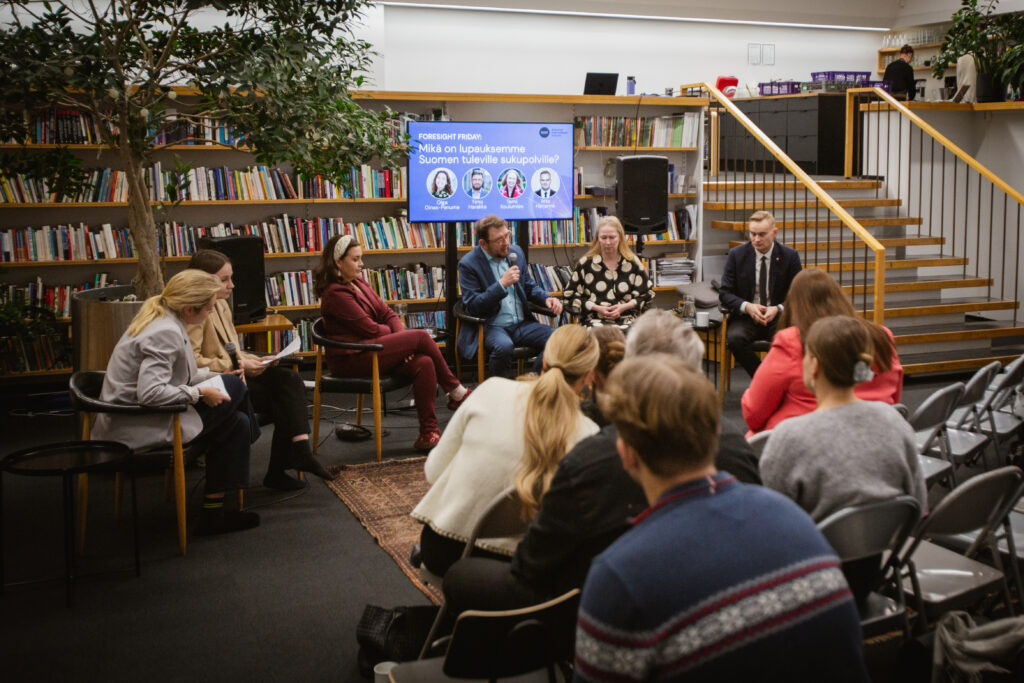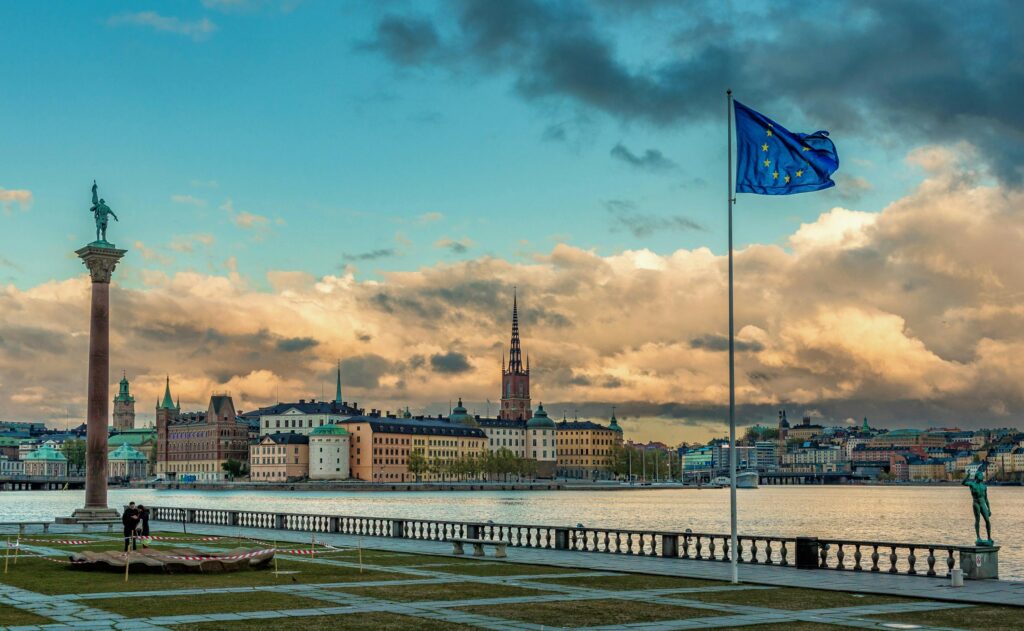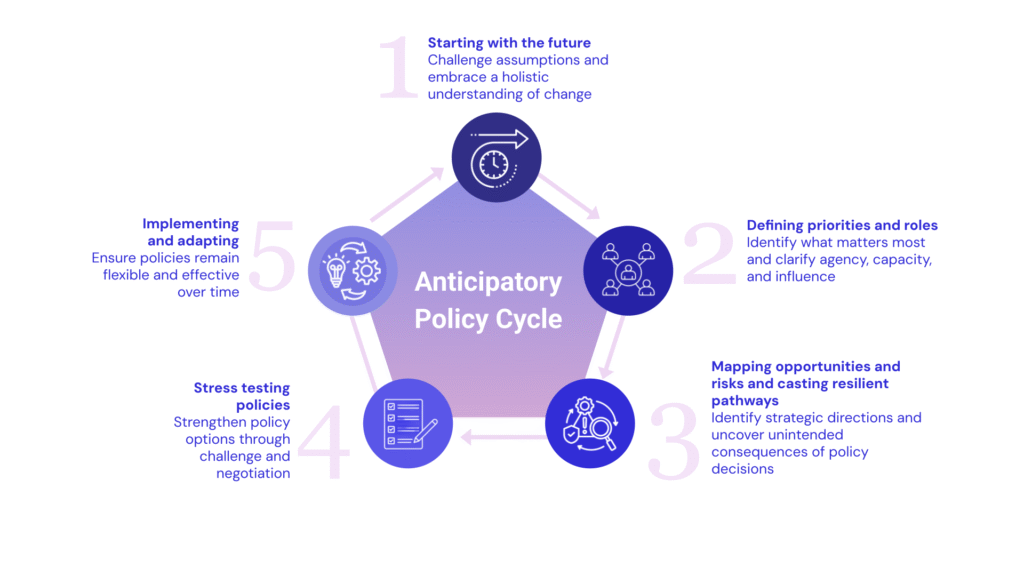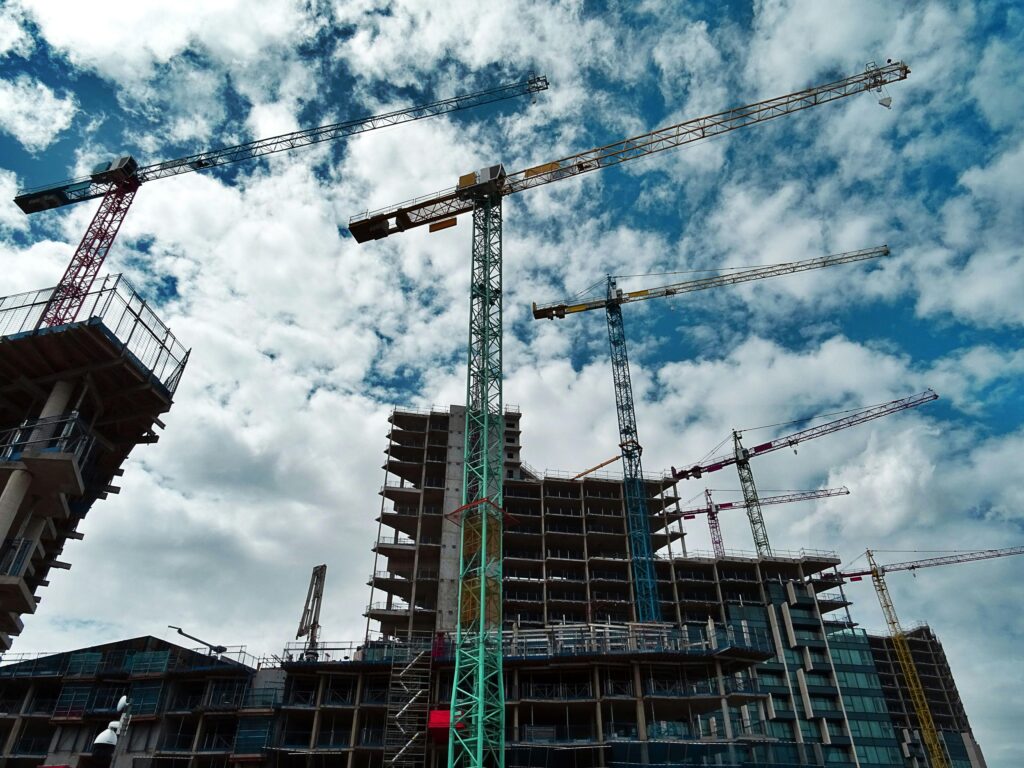Commentary
Finland, what is our promise for future generations?
Foresight Friday 2025 brought together policymakers and global experts to discuss Finland’s long-term responsibilities to future generations and intergenerational fairness. The question remains open, and it belongs to all of us: what is our promise for future generations?
Read MoreInitial comments on the European Commission’s Affordable Housing Plan
Housing must be made affordable while protecting the ecological systems on which we all depend. The EU could lead this transformation but it requires new ways of thinking about policy, governance, and action.
Read MoreDoomed to grow or ready to transform?
Economic growth used to be a cause that had effects, and the desired and expected effects were a matter of political and public debate until the 1990s recession. The meanings and expectations towards growth changed over time, and the idea of economic growth evolved within the debates and the very varied perspectives to growth. Our report “Doomed to Grow” calls for acknowledging growth’s historical recent origins and past pluralism in how economic growth has been discussed.
Read More20 years of trying
For 20 years, we have been fighting for a fair, sustainable, and joyful next era. These are the beginnings of our journey.
Read MoreEurope’s democratic resilience requires introspection, clear-sightedness and reimagination
The European Democracy Shield (EUDS) is being prepared to bolster the continent’s democratic resilience. If it isn’t to become one of innumerable democracy initiatives, EU institutions need to be clear-sighted about the causes and stakes of our present moment.
Read MoreImaginaries on Sustainability Transformation – Report outlines three positive futures
Imagining futures where society has successfully undergone a sustainability transformation helps us envision a world in which today’s major negative trends have been brought under control. But what kind of positive futures have been proposed in recent years? At the request of the Finnish Expert Panel for Sustainable Development, Demos Helsinki conducted a literature review and drafted three preliminary visions of such futures.
Read MoreThe anticipatory policy cycle: not just preparing for the future, but influencing it
Governments that invest in foresight-driven policymaking are better positioned to shape the conditions that they operate in. This is how to build policies that both anticipate and influence the future.
Read MoreInnovating urban development: Lessons from M4EG & moving beyond growth
Two key lessons from our work in the Mayors for Economic Growth project, in collaboration with UNDP Europe and Central Asia: 1) Innovation needs to occur at multiple levels and 2) If we’re to be effective, we must remain humble.
Read MoreEurope cannot simply build its way out of the housing crisis
There is an anticipated challenge in housing that few are talking about yet. The conventional tool that cities have always had to address housing crises — building more — will not be sufficient. How prepared are cities for this scenario? More importantly, how can cities address housing justice while also averting ecological and biodiversity crises from worsening?
Read MoreWhat’s going on with GDP? Rethinking economic success
For decades, GDP has stood unchallenged as the primary measure of economic success. As calls to move beyond GDP grow, two approaches have risen to prominence: supplementing it with broader measures, or abandoning it altogether to redefine economic success. What is the best path forward in the debate on GDP?
Read MoreCare, ageing, and how to amplify our imagination
How do societies make most of the extraordinary good luck of ever-longer life expectancies? How can nations be strategic as they manage the huge demographic shifts of the years ahead? How do we handle the transition of care needed over the next few decades? Demos Helsinki Fellow, Sir Geoff Mulgan, is unpacking these questions below in a personal and cross-functional account.
Read MoreThe big “how”: New ways to govern industrial policy
Effective governance is crucial in the face of uncertainty, not only to resolve problems of coordination but to carve out long-term strategies that don’t risk other crucial societal objectives. We share a series of methodologies specifically designed for coordinating industrial policy despite strategic uncertainty.
Read More











